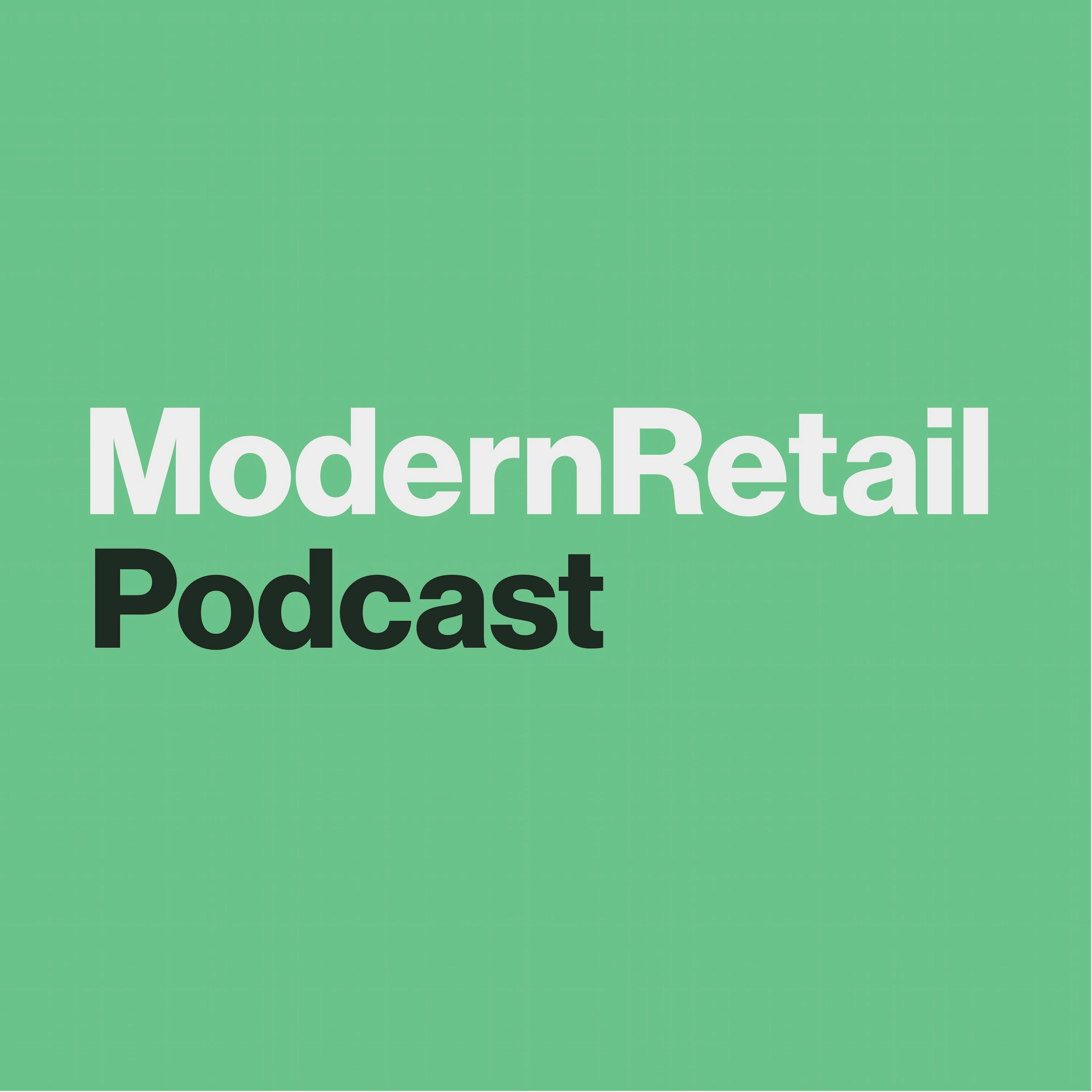We can't find the internet
Attempting to reconnect
Something went wrong!
Attempting to reconnect
'Our core audience is very different than Wayfair's': Fernish co-founder Michael Barlow on changing home goods trends

Access AI content by logging in
Home goods sales may be cooling, but Fernish is still seeing growth from furniture rental.
On the Modern Retail Podcast this week, Fernish co-founder and CEO Michael Barlow joined to speak about the state of the industry and how he's been growing his company. Fernish first hit the market in 2018 as a furniture rental service. The idea was that many young professionals often moved to cities and were expected to move into new apartments and completely furnish them. For a monthly fee, they get access to nice items to showcase in their home, and are also given the option to rent to own.
"This is a problem that's indicative of the apartment renter in urban metros that's moving every one to three years," said Barlow, "between finishing college or secondary education and ultimately settling down."
But more than just making it easier to move from city to city, Barlow insisted that there's a sustainability angle to this business too. "You can call that flexibility, you can call that convenience, you can call that sustainability -- those are the pillars that we've defined our business around, which really marries the service economy and the subscription economy to a very legacy and old asset class," he said.
So far, things are working out. Fernish first launched in Los Angeles, but has recently expanded to the East Coast in cities like New York City and Washington, DC. The company has raised $75 million to date and says that its revenue increased by more than 17x over the course of the pandemic.
When Fernish first started, it sourced from other high-end retailers like Crate & Barrel. Now, most of its furniture it makes in-house. "We prioritize North American manufacturers now," Barlow said.
But part of what has made the business work, he said, is its focus on curation; "We offer a couple hundred [products] because we can go really deep with our suppliers and our manufacturer partners on core SKUs."
The big question is whether growth will slow. Some bigger players like Wayfair have reported rough earnings -- and the retailers like Target that invested in home goods are having difficulty selling inventory. Barlow says those headwinds haven't hit Fernish yet.
"I can tell you, June was our best month ever, a little bit stronger than July in terms of new business added. And July was our third best month ever," he said.
